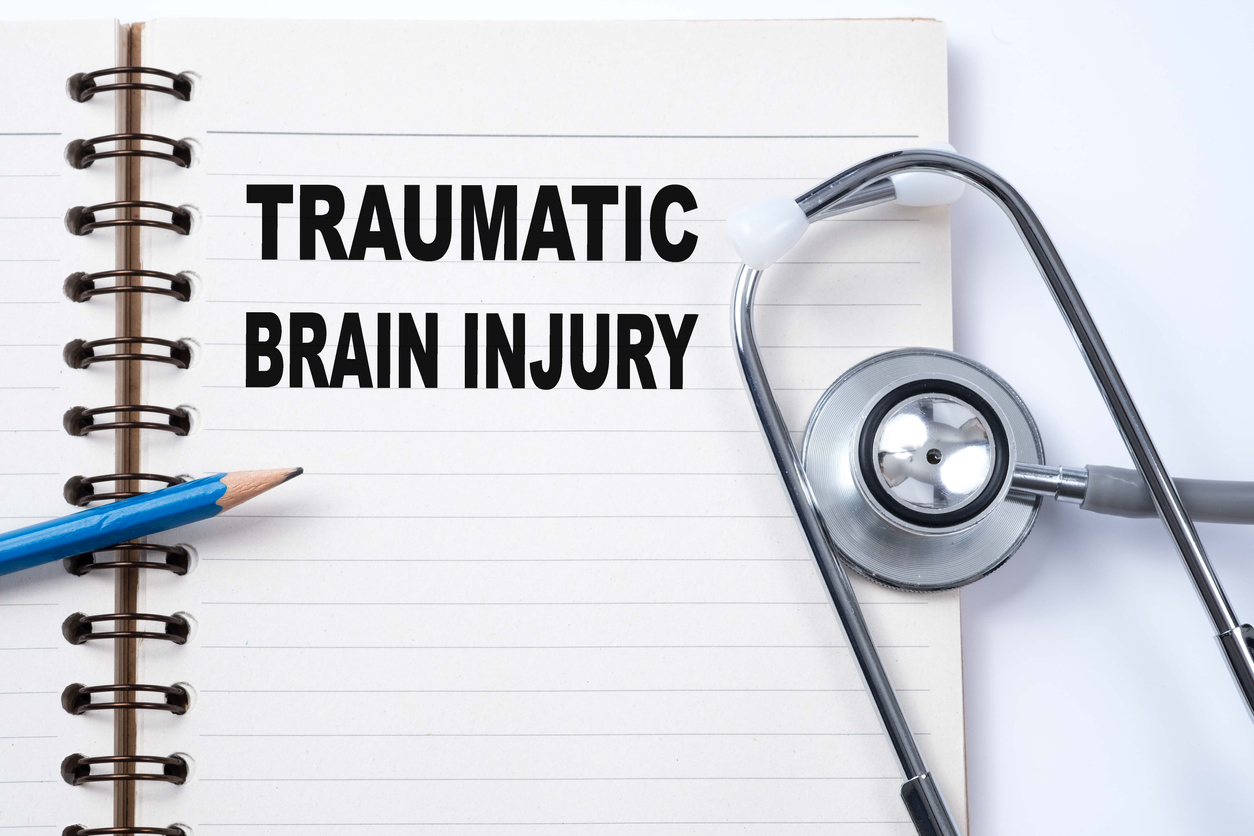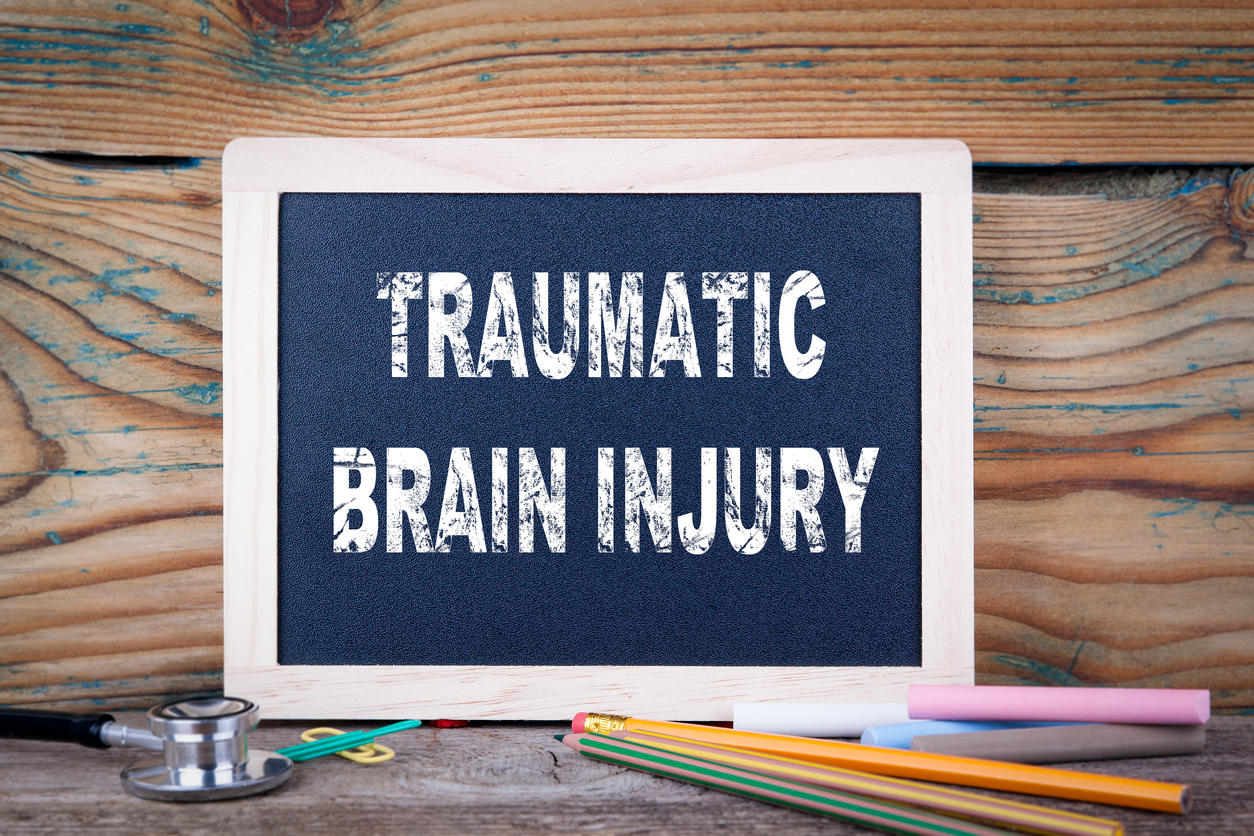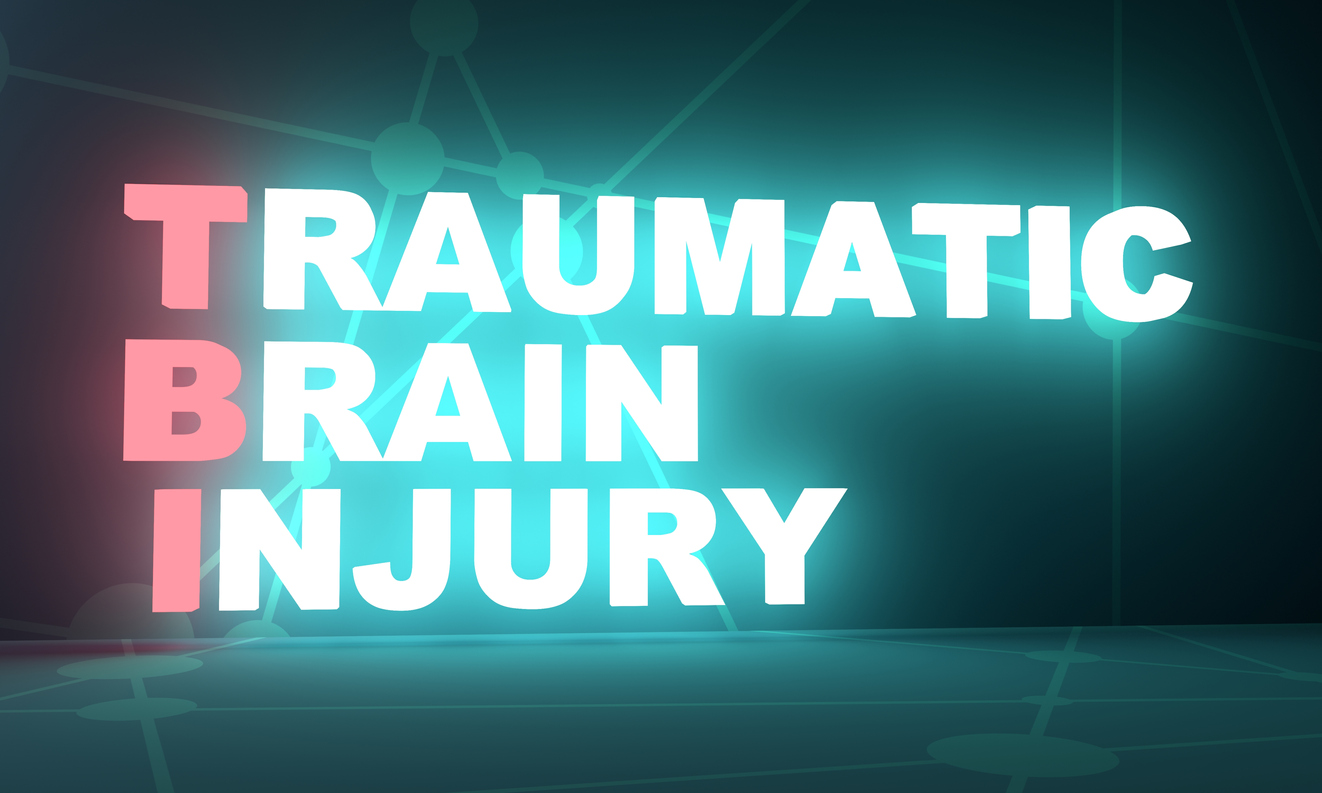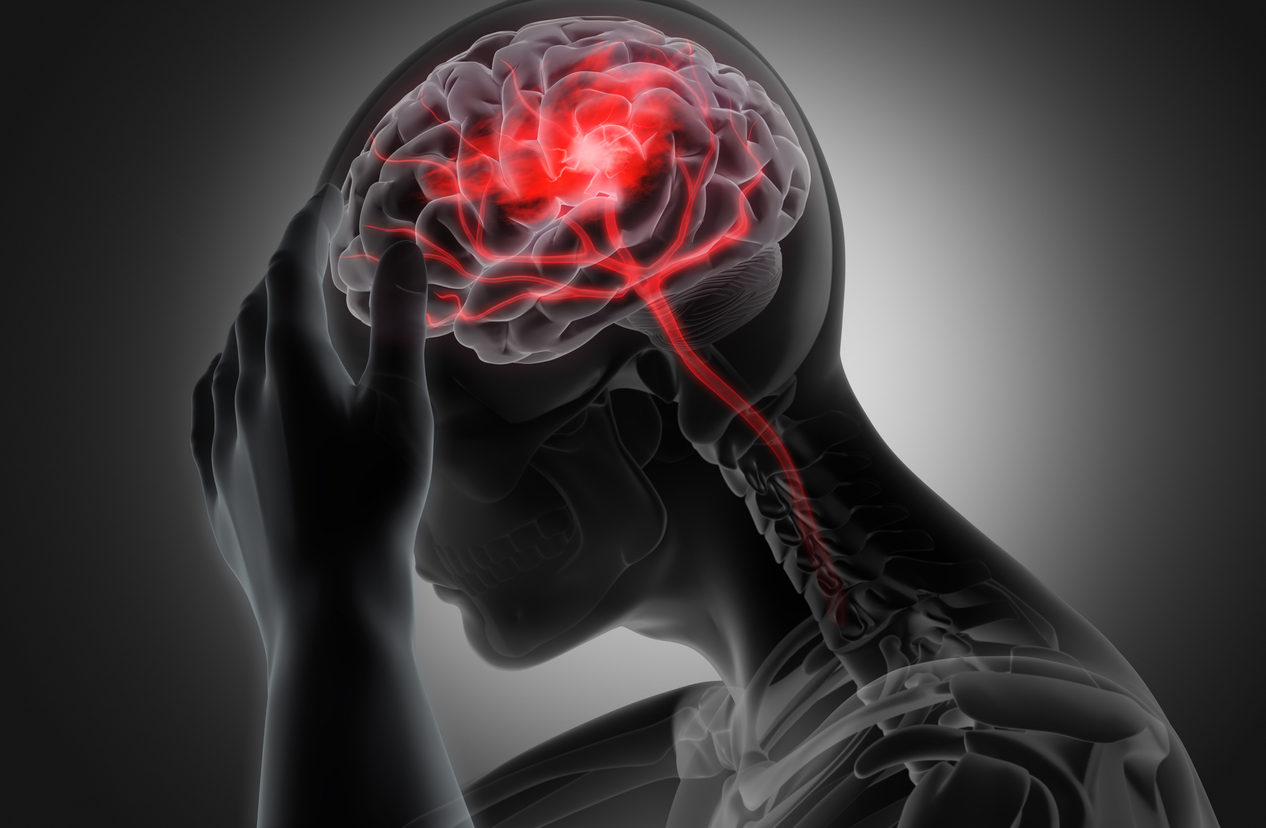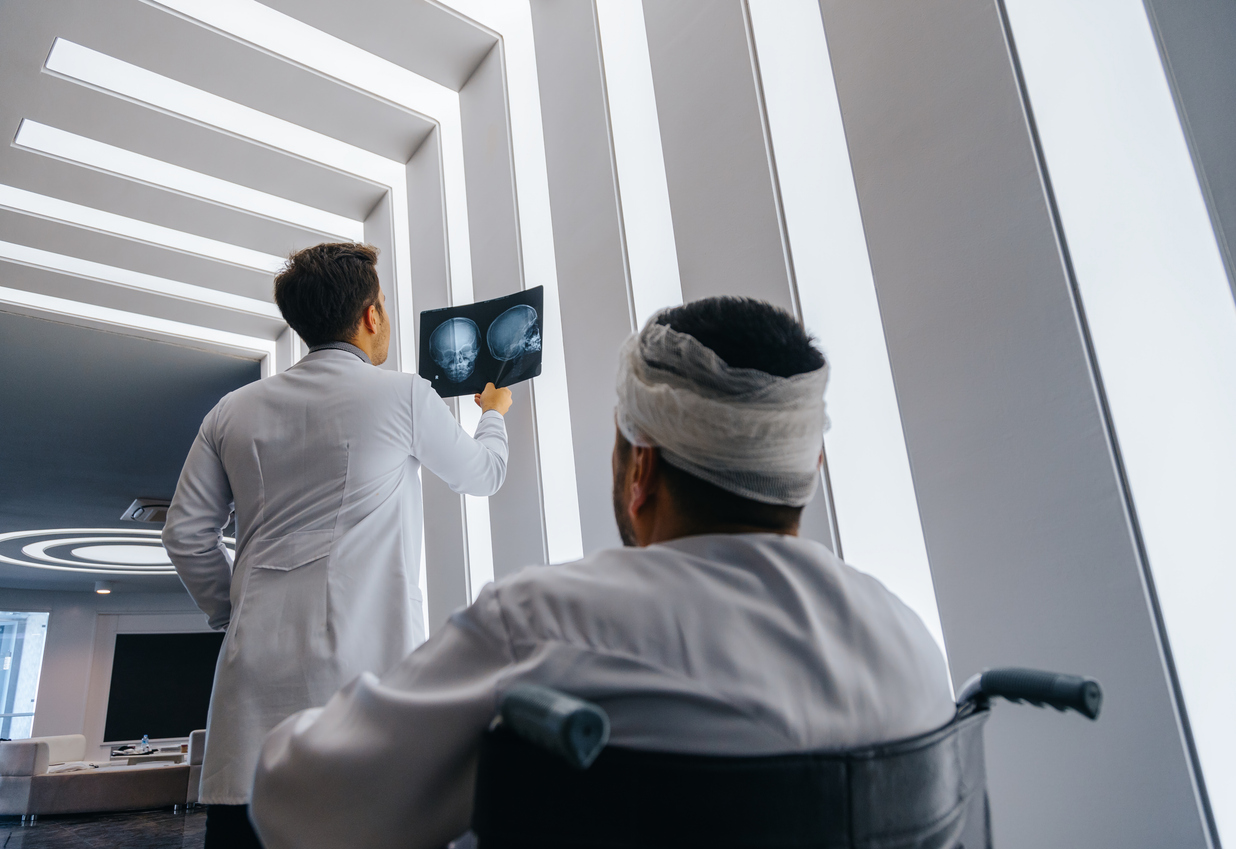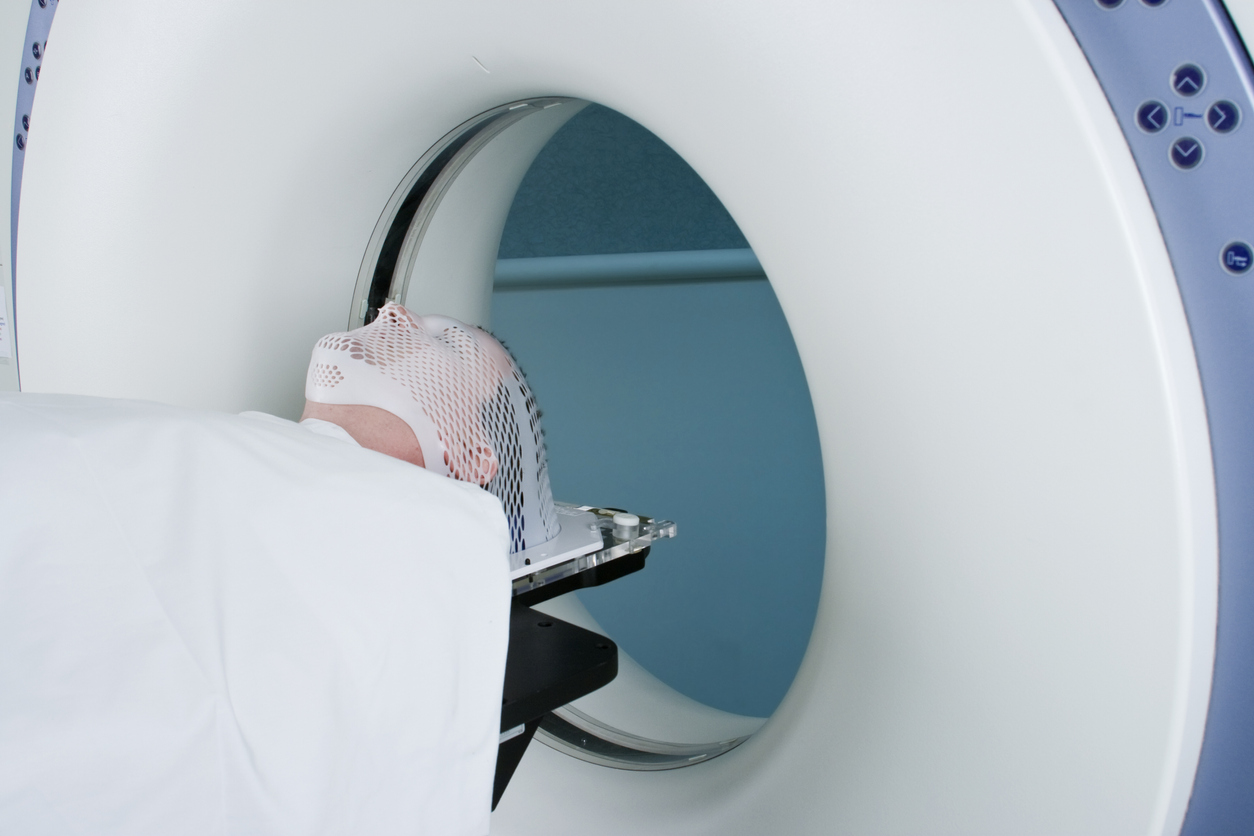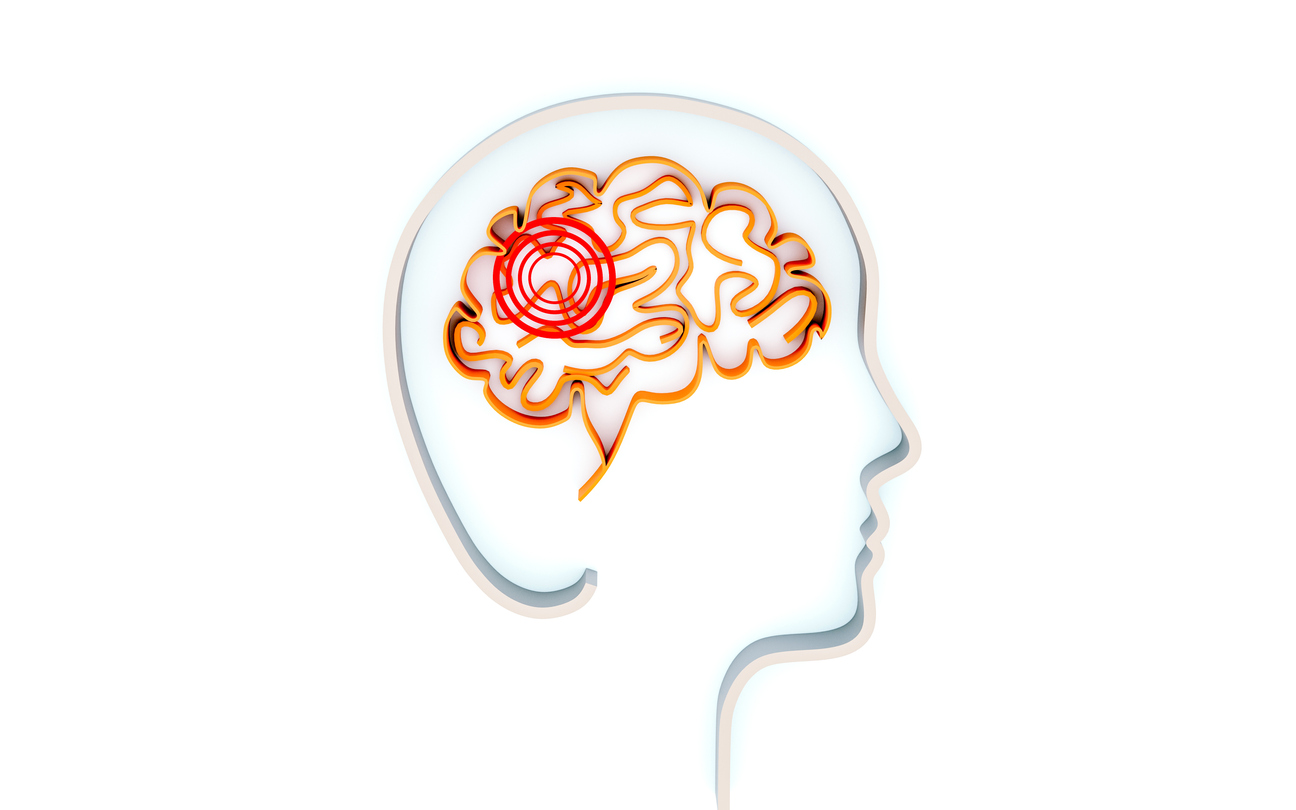Pain
Potential Long-Term Effects of a Traumatic Brain Injury

What is a traumatic brain injury?
A traumatic brain injury (TBI) is a type of brain damage that occurs as a result of an injury to the head. This type of injury may be non-penetrative, such as a blow to the head, or penetrative, such as a gunshot wound. The severity of a TBI depends on various factors, and the lasting effects can range from a few days to permanent brain damage or, in severe cases, death. A concussion is the most common type of traumatic brain injury.
Long-term effects
Long-term effects associated with TBI can be numerous. Although some symptoms may improve over time, others can become permanent. Lifelong rehabilitation may be necessary. Below are various potential long-term effects of a TBI.
Cognitive skills
- Memory problems
- Loss of sense of time or space
- Problem-solving difficulty
- Confusion
- Coma
- Judgment issues
- Decreased awareness of self or others
- Amnesia
- Shortened attention span
- Inability to understand abstract concepts
- Inability to understand multistep requests
Motor skills
- Tremors
- Poor balance
- Difficulty swallowing
- Delays in movement
- Spasticity (tightening or shortening of muscles)
- Paralysis
- Weakness
- Decreased endurance
- Poor coordination
Sensory skills
- Altered sense of vision, hearing, taste, smell or touch
- Difficulty with spatial awareness
- Left- or right-side neglect
- Vision problems, such as lack of visual acuity, limited range, double vision, etc.
- Heightened or decreased sensation of body parts
Communication issues
- Slowed speech
- Difficulty identifying objects and their function
- Difficulty reading, speaking, writing, or choosing the right words to say
- Inability to form coherent sentences
- Difficulty working with numbers
- Difficulty understanding speech or writing
- Decreased vocabulary
Functional problems
- Inability to drive a car or operate machinery
- Difficulty with activities of daily living, including dressing, eating, bathing, etc.
- Difficulty with organization, shopping, paying bills, etc.
Social complications
- Impaired social capacity
- Difficulty understanding or reciprocating nuances of social interactions
- Difficulty making and keeping friends
Regulatory changes
- Headache
- Dizziness
- Fatigue
- Sleep disturbances
- Change in eating habits
- Loss of bowel or bladder control
Post-traumatic Headaches
A common type of chronic pain caused by a TBI is post-traumatic headaches. These are secondary headaches that typically develop within a week of the incident.
Traumatic epilepsy
Seizures or epilepsy may occur following a TBI, especially when severe or penetrative injuries are the cause. Normally, these seizures begin immediately after or within a year of the injury. However, in some cases, seizures may occur years after the incident.
Degenerative brain diseases
It is unclear whether certain degenerative brain diseases can result from a TBI, although research suggests they may be related. Degenerative brain diseases that can cause a gradual loss of brain functionality include the following:
- Alzheimer’s impacts a person’s memory and thinking skills over time.
- Parkinson’s causes issues with movement, including rigidity, tremors, and slowed movement.
- Dementia pugilistica is often associated with the repeated blows to the head that a boxer may experience. It can cause symptoms of dementia, such as memory loss, difficulty communicating, confusion, personality changes, etc., along with movement problems.
